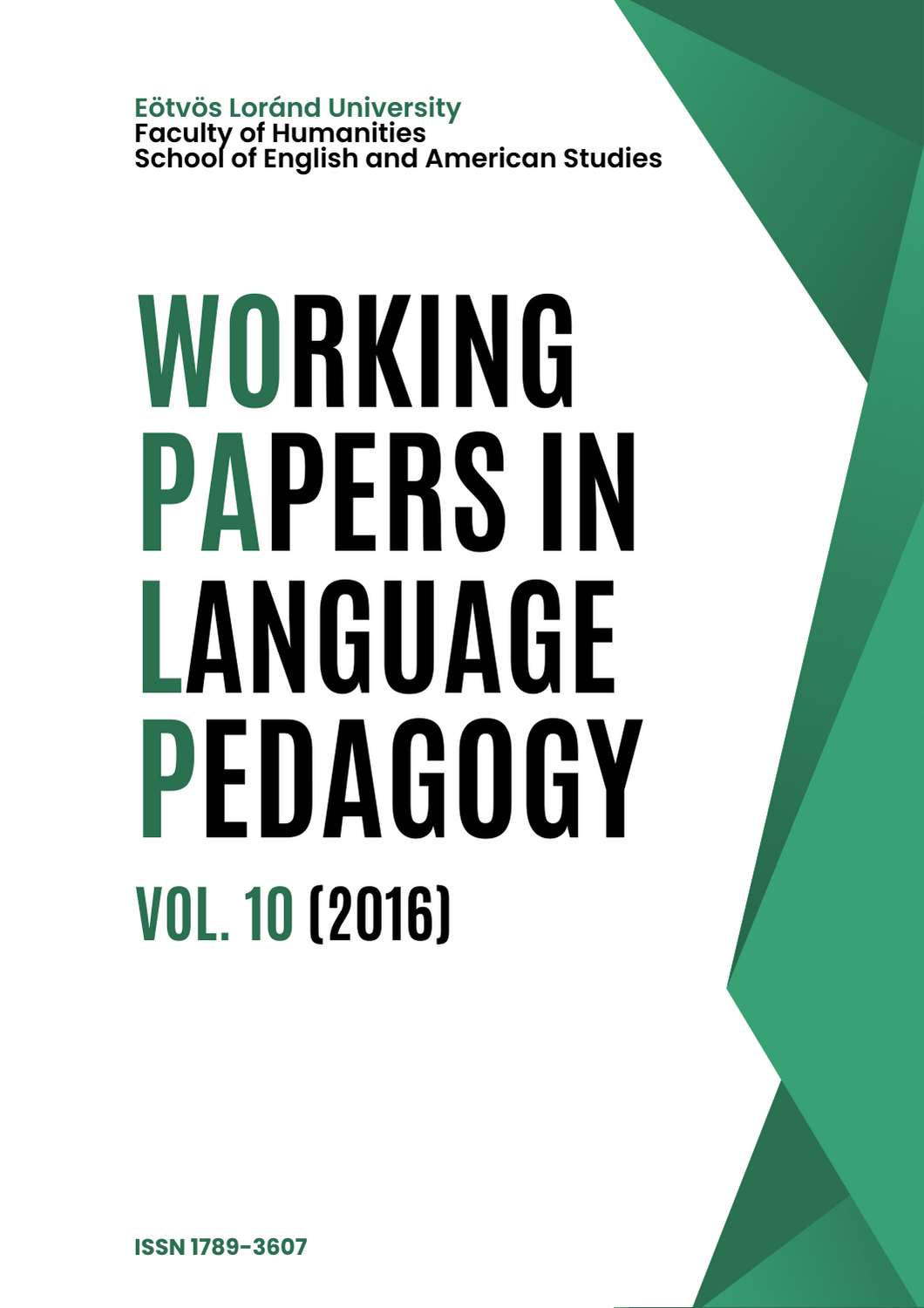Reticence in EFL speech production: A study of learners’ anxiety and vocabulary knowledge
DOI:
https://doi.org/10.61425/wplp.2016.10.73.86Keywords:
reticence, avoidance, negative attitude, productive vocabulary knowledge, anxietyAbstract
The present study aimed at expanding our knowledge of Iranian EFL university students’ willingness to communicate in order to provide a clear picture of these learners’ preferences toward L2 communication. Two dimensions of reticence, learners’ approach toward communication and their perception of communication were analysed in relation to their vocabulary production ability and language anxiety as contributing factors. For this purpose, 156 undergraduate learners learning English as a foreign language filled in the Unwillingness-to-Communicate Scale (Burgoon, 1976), Vocabulary-Size Test of Controlled Productive Ability (Laufer & Nation, 1999), and Foreign Language Classroom Anxiety Scale (Horwitz, Horwitz & Cope, 1986). The results of the study showed that the learners had an avoidance tendency and negative perception about communication. Moreover, the analysis of the results revealed a negative correlation between the learners’ avoidance and negative attitude toward communication and their productive vocabulary knowledge, a positive relationship between the learners’ avoidance and negative attitude toward communication and their anxiety level, and a negative correlation between the learners’ productive vocabulary knowledge and their anxiety level. The results also demonstrated that avoidance showed a stronger relationship with vocabulary knowledge and anxiety than with negative attitude. The results point out the importance of diminishing the learners’ reticence and its impact on successful learning experiences and achievement. It is suggested that teachers and instructors should encourage learners to participate in classroom discussions and help them to take risks and speak.




